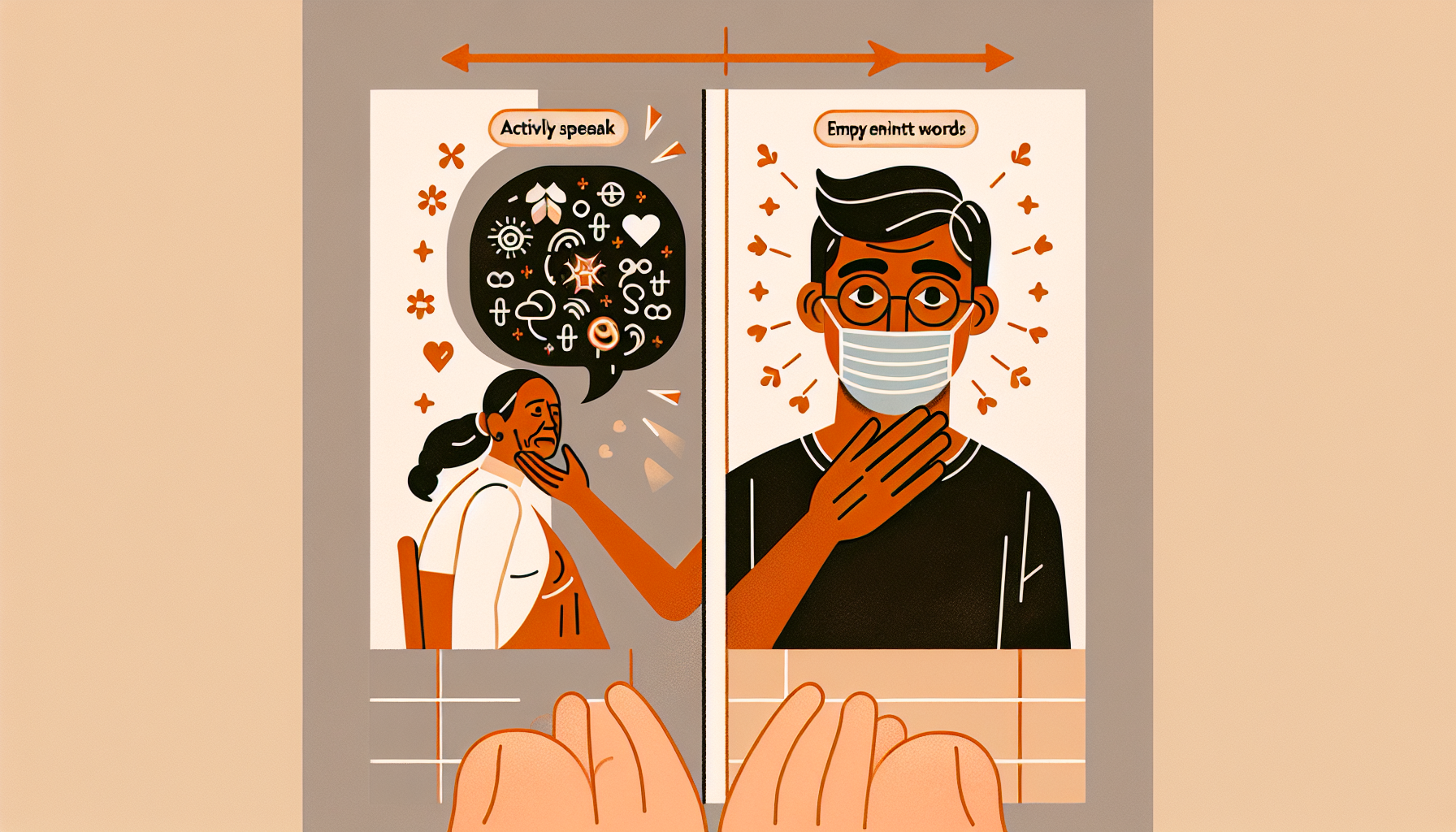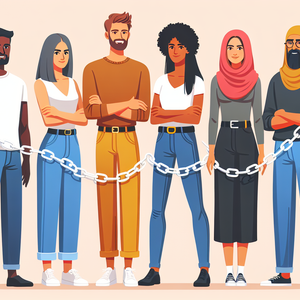Drones for Good: Boston's Non-Profit Drone Initiatives

The use of drones in non-profit work signifies a substantial shift in how organizations can tackle challenges effectively. Drones provide a unique aerial perspective, enabling efficient data collection and analysis. In Boston, several organizations have embraced this technology to enhance their missions. One notable example is the Boston-based non-profit, Drones for Good, which focuses on environmental conservation. This organization utilizes drones to monitor coastal erosion and track wildlife populations. By capturing high-resolution aerial imagery, they can identify changes in ecosystems that might otherwise remain undetected. Such data is invaluable for researchers and policymakers aiming to protect vulnerable habitats. In a city surrounded by diverse ecosystems, these insights can lead to more effective conservation efforts and inform public policy regarding land and resource management.
Disaster Response and Recovery Efforts
Beyond environmental monitoring, drones have emerged as essential tools in disaster response efforts. The Boston chapter of the American Red Cross has integrated drone technology into its emergency management strategies. During natural disasters, drones can quickly assess damage and locate individuals in need of assistance, significantly enhancing the effectiveness of rescue operations. For instance, following a severe storm that impacted coastal communities in Massachusetts, Red Cross volunteers deployed drones to survey affected areas. The aerial views provided critical information about the extent of the damage, enabling more efficient distribution of resources and support to those in need. This application of drone technology exemplifies how non-profits can leverage innovative tools to save lives and facilitate recovery, demonstrating the potential for drones to act as force multipliers in crisis situations.
Community Engagement and Education
Drones are also playing a vital role in community engagement and education. The Boston College Robotics Club collaborates with local schools to introduce students to drone technology through hands-on workshops. This initiative not only fosters interest in STEM (science, technology, engineering, and mathematics) fields but also empowers the next generation to think creatively about applying technology for social good. Additionally, the Tech Goes Home program utilizes drones to teach underserved communities about technology and its potential. By providing access to drone education, participants gain valuable skills that can lead to job opportunities in various tech fields. This approach emphasizes the importance of inclusivity in technology and showcases how non-profits can bridge the digital divide, ensuring that technological advancements benefit all segments of society.
Challenges and Future Prospects
Despite the promising applications of drones in non-profit initiatives, several challenges persist. Regulatory hurdles, privacy concerns, and the need for pilot training can impede the widespread adoption of drone technology. However, organizations in Boston are actively working to overcome these obstacles. Collaborations with local governments and advocacy for clearer policies are paving the way for more impactful drone use. As drone technology continues to evolve, the future looks bright for non-profit initiatives in Boston. By embracing innovation, these organizations are not only addressing pressing social issues but also inspiring others to consider how technology can be a force for good. The landscape of drone technology is rapidly changing, and with continued investment and support, it is poised to revolutionize the way non-profits operate.
Boston's non-profit drone initiatives exemplify the potential of technology to create meaningful change in society. From enhancing disaster response efforts to promoting environmental conservation and fostering community engagement, drones are proving to be invaluable tools for non-profits. As these organizations continue to innovate and adapt, they pave the way for a future where technology uplifts communities and addresses critical societal challenges. The narrative of drones is evolving, and in Boston, it intertwines with a commitment to social good that deserves recognition and support. With continued collaboration and investment, the transformative potential of drones can lead to a positive impact not just in Boston, but globally.
Drone Operations Specialist
Environmental NGOs, Disaster Relief Organizations, Research Institutions
Responsibilities
Responsible for piloting drones for various missions, including environmental monitoring and disaster response.
Requirements
Requires proficiency in drone software and hardware, as well as knowledge of FAA regulations.
Unique Skills
Experience with GIS (Geographic Information Systems) and aerial imaging technologies.
Data Analyst for Aerial Imagery
Government agencies, Conservation groups, Non-profit organizations
Responsibilities
Analyzes high-resolution aerial images captured by drones to assess environmental changes and disaster impacts.
Requirements
Proficient in data visualization tools and statistical software, such as Python, R, or Tableau.
Unique Qualifications
Strong background in ecology or environmental science, along with data analytics experience.
Community Outreach Coordinator
Non-profit organizations, Schools, Community development agencies
Responsibilities
Develops and implements programs to educate communities about drone technology and its applications for social good.
Requirements
Requires excellent communication skills and experience in community engagement or education.
Unique Skills
Experience in curriculum development and a passion for STEM education, particularly in underserved communities.
Drone Policy Advocate
Non-profit organizations, Think tanks, Governmental agencies
Responsibilities
Works to shape regulations surrounding drone use in non-profit sectors, focusing on privacy, safety, and operational guidelines.
Requirements
Requires strong knowledge of drone laws, advocacy experience, and excellent negotiation skills.
Unique Qualifications
Legal background or experience in public policy related to technology and privacy rights.
Drone Technology Instructor
Educational institutions, Community organizations, Tech training programs
Responsibilities
Teaches workshops and courses on drone piloting, data collection, and technology applications in social good.
Requirements
Requires extensive knowledge of drone operation, safety protocols, and hands-on teaching experience.
Unique Skills
Certification as a drone pilot and experience with curriculum design for technology education.


